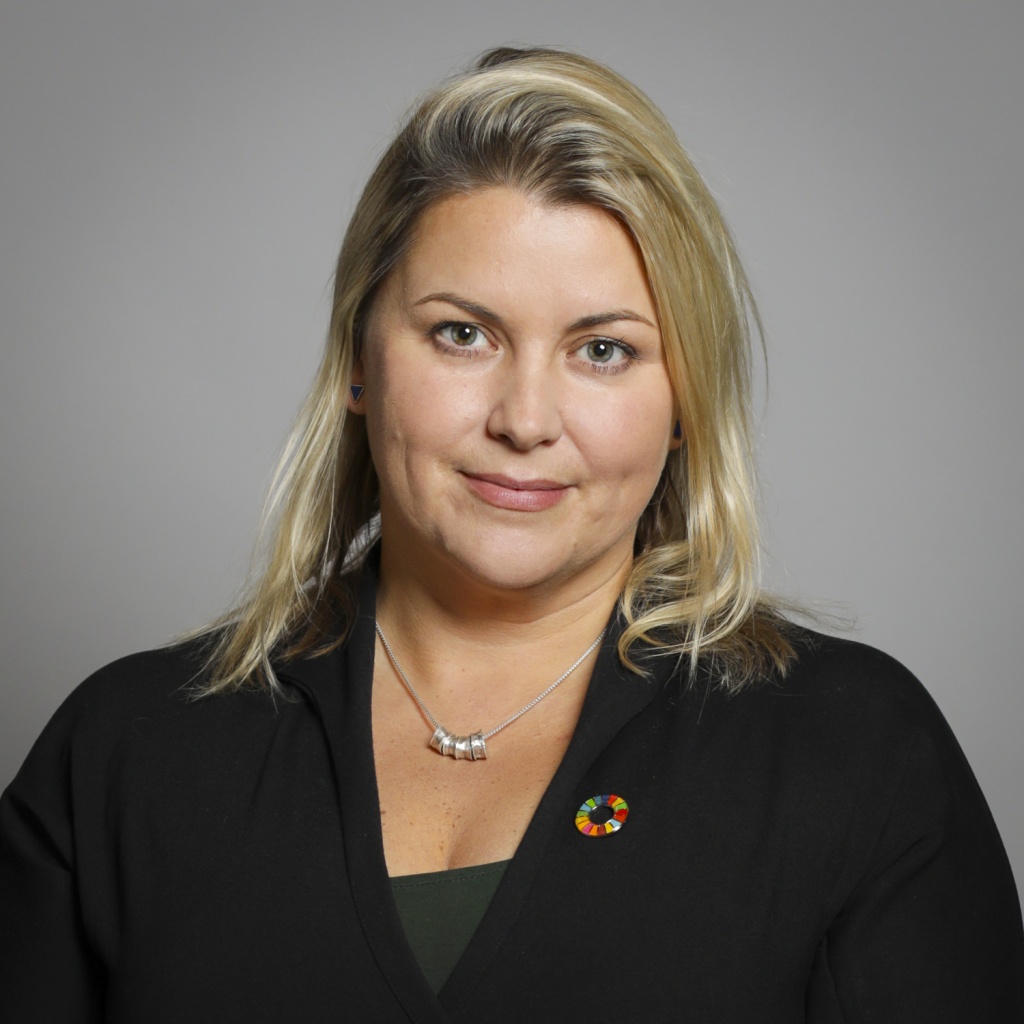
The Prime Minister on Thursday 5th March, announced the appointment of Baroness Liz Sugg as the Special Envoy for Girls’ Education, a new role which will help accelerate progress towards getting more girls in the world’s poorest countries into schools and benefitting from quality learning.
Empowering girls and women is a priority for the Prime Minister, who used his first speech on the steps of Downing Street to underline the pledge he made as Foreign Secretary, that every girl should receive 12 years of quality education no matter where she is born. As part of her role, Baroness Sugg will be working closely with international partners to encourage greater global ambition, coordination, and investment on girls’ education.
The new role will also place her at the head of delivering the Prime Minister’s ambition for what will be achieved internationally on girls’ education over the next five years. Over the last four years, the Government has supported 14.3 million children in developing countries to gain a decent education with UK aid, of which at least 5.8 million were girls.
Ahead of the official International Women’s Day on Sunday, the Prime Minister welcomed leading female figures from business, science, and sport, among other sectors, to a special reception in Downing Street where he spoke about the women who inspired him and the government’s commitment to action on the gender pay gap and girls education.
As part of the event, the Prime Minister took part in a panel discussion with founder of STEMettes Anne-Marie Imafidon, Grazia editor Hattie Brett, and Olympic medallist Dame Kelly Holmes, where they discussed career aspirations and the challenges facing women in the workplace today. The event was attended by fifty girls in Year 9 who are due to make their GCSE choices.
The panel spoke about a range of issues including the importance of inspiring the next generation of women into Science, Technology, Engineering and Maths (STEM) fields as well as the gender pay gap. The Prime Minister reiterated that the Government had made it obligatory for companies to show the discrepancies in pay so there was absolute transparency and said there should be equal pay for equal work irrespective of gender.
Among those celebrating International Women’s day at the reception were a number of leading female business leaders including CEO of RBS Alison Rose and Manchester United COO Collette Roche. A third of all board positions in the UK’s FTSE 100 companies are now held by women, a key target of the government-backed Hampton-Alexander Review, which has been met almost one year early.
Guests enjoyed salmon cream cheese tarts, teriyaki skewers and baked vanilla cheesecakes provided by female students from the Westminster Kingsway Catering School.
Speaking at the reception Prime Minister Boris Johnson said: I am immensely proud to be celebrating International Women’s Day with inspiring women who are showing pupils attending our panel here today that there are no limits to what can be achieved. There is one single thing that we can all do to end injustice and change the prospects of the world for the better and that is to campaign, every one of us, for girls to receive 12 years of quality education. This is the best way to help economies grow, tackle poverty, prevent early marriage and empower women.
It is the great Swiss army knife to some of our biggest challenges and that is why I am delighted to announce the appointment of Liz Sugg as the new Special Envoy for Girls’ Education. Let’s make sure that every girl in the world gets the same investment, same care, same love, same attention in her education as every boy in the world. It is the single most important utensil at the disposal of humanity to change all our lives for the better.
Special Envoy for Girls’ Education Baroness Liz Sugg said: I’m honoured to take on the role of the UK’s Special Envoy for Girls’ Education. I truly believe girls’ education is the key to solving so many of the world’s problems. Today around 130 million girls worldwide are being denied the right to an education, particularly in the world’s poorest countries. Girls are kept out of school due to poverty, the threat of violence and because often, girls are simply not valued as much as boys. This tragic waste of potential must end.
Giving girls the chance to learn is not only the right thing to do, it’s one of the smartest investments we can make with UK aid and I will stand up for the right of every girl in the world to benefit from 12 years of quality education.
The UK’s flagship Girls’ Education Challenge (GEC) is the world’s largest global programme dedicated to girls’ education. The current phase is helping to get up to 1.5 million vulnerable girls in school and learning in 17 of the world’s poorest countries by 2025.
As a global leader on supporting gender equality and women’s rights in development, the UK is also tackling the barriers that keep girls out of school.
Kindly follow us on twitter:@AfricanVoice2









